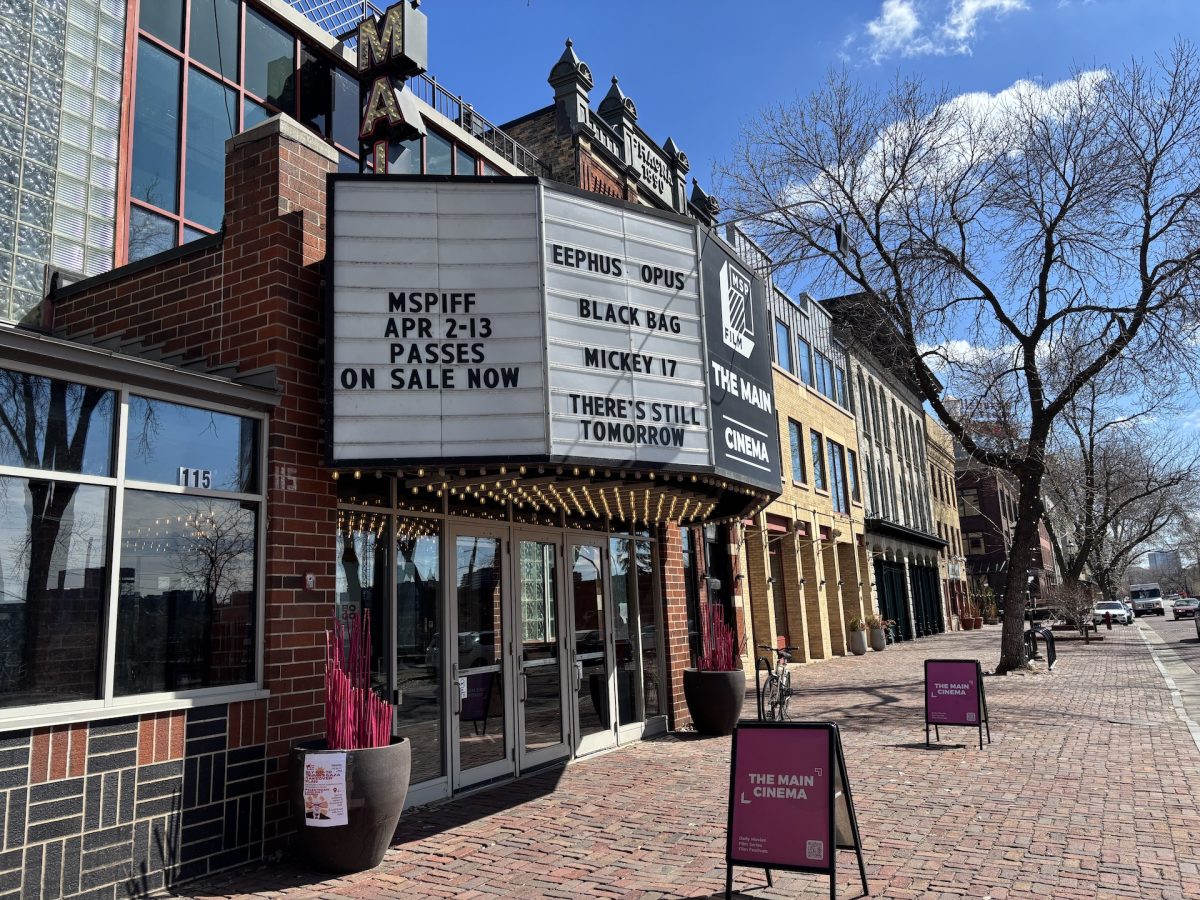From early success stories like The Who’s “Tommy” and Pink Floyd’s “The Wall” to more recent efforts that include The Decemberists’ “Hazards of Love” and Fucked Up’s “David Comes to Life,” artists from all areas of the musical spectrum have taken a stab at creating their own “rock opera.”
Of course, a project of such high ambition runs the risk of being a commercial and critical flop. You need a deft hand behind the wheel to make it work and few, if any, big-scale rock productions have been as successful as Green Day’s pop-punk epic “American Idiot.”
Now eight years removed from the album’s 2004 release, with the help of Tony award-winning director Michael Mayer, the group’s politically-charged magnum opus has made an unlikely transition from being a Grammy award-winning chart topper to a critically acclaimed Broadway musical now in the midst of its first national tour.
Mayer’s one-act adaptation, which premiered on Broadway in April 2010, expands on Billie Joe Armstrong’s original blueprint. While it remains loyal to the source material for the most part, the play focuses on three suburban-bred men — Johnny, Tunny and Will — on the brink of adulthood and struggling for answers and meaning in the dizzying social climate of a post-9/11 America.
For 28-year-old actor Van Hughes (“Hairspray” and “Tenure”), who plays the central character Johnny, this experience cut closer to the bone than previous roles.
“With [American Idiot] I could draw from my personal experience more so than I could with other roles. For instance, when I was in “Hairspray,” I mean, I don’t really know what it was like to be in the ’60s, I can just do research,” Hughes said. “But to be playing somebody who is searching for meaning in his life in a post-9/11 political climate and a media-saturated world … that’s what this show is about. This is about people living today looking for meaning in their lives.”
The play features all the original music from the album with some additional tracks that include “21st Century Breakdown” and assorted B-sides. Mayer’s adaptation inspired some detractors, but the reviews following the Berkeley Repertory Theatre premiere — a two-month run that was extended twice — were generally positive. Charles Isherwood of the New York Times lauded the play calling it “as invigorating and ultimately as moving as anything I’ve seen on Broadway this season. Or for a few seasons past.”
After accepting the role following the departure of actor John Gallagher Jr., Hughes, who grew up idolizing the band during their rise to superstardom in the mid-’90s, says he sensed the material was tailored for something more high-concept, citing the record’s sonic grandiosity and the potency of Armstrong’s lyrical narrative.
“I remember when I first was learning it, I was getting images in my head of what this would be like and what the show would be like. And sometimes the show proved me wrong and ended up being more intense than I had imagined,” Hughes said. “The creators of the show, visually and aesthetically, they took it to a whole other level. I know for a fact that Green Day was really impressed with everything that happened with it.”
But it’s not just Hughes’ favorite role he’s ever had, it’s one that’s had a profound effect on him philosophically as an actor.
“As an actor you’re always waiting for the material that will speak to you the most … It’s really changed me in the sense that from now on I feel like I’m always going to be searching for stuff that only speaks to me,” Hughes said.
But when asked if he minds complicating his future job searches, Hughes insists he’s up for the challenge.
“I don’t want to be doing stuff that I don’t really connect with me,” he said. “Otherwise I’m just a puppet in the commercial theater.”













